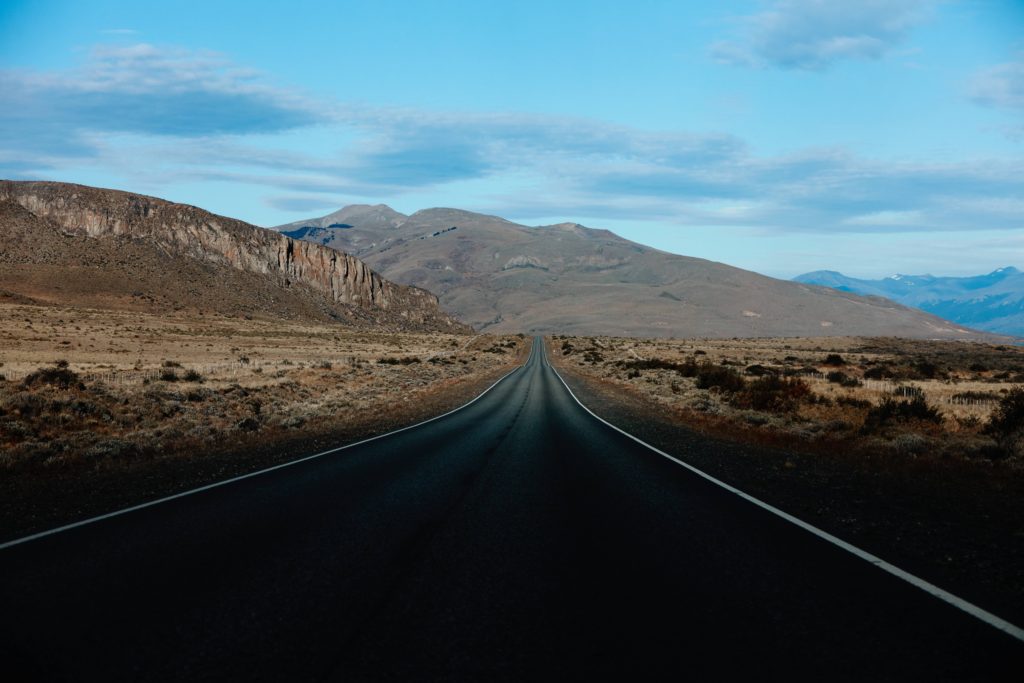Safe Road Tripping in Retirement
Do you dream of packing up and hitting the open road when you retire? With a nest egg of savings and countless miles to explore, the world is finally yours. Traveling is a wonderful way to spend your retirement, but a successful road trip requires more than a GPS and a credit card. Here are three things to handle before you go.
Protect Your Car
Going on vacation is costly enough without dealing with a roadside breakdown, so schedule routine car maintenance before you start your adventure. Have your fluids checked, your tires inspected and filled up, and your oil changed. You want to be comfortable when spending long hours behind the wheel, so make sure your air conditioner is functioning properly and your car’s interior is clean.
Despite all your precautionary measures, sometimes the worst happens and you find yourself stranded. Make sure a breakdown doesn’t derail your whole trip by enrolling in a roadside assistance plan. These plans offer rescue on the road for a fee, but plans can vary across companies. Insurance companies, cell phone providers, auto clubs, credit card companies, and AARP are among the options for roadside assistance providers. Even after you sign up for roadside assistance, you should keep an emergency kit in your vehicle with water, nonperishable snacks, and a first aid kit, among other car necessities.
Protect Your Health
A road trips means a lot of time spent sitting, which isn’t great for senior health. Make your car’s seats more comfortable with ergonomic cushions and schedule extra time into your trips for walks at rest stops and roadside attractions. You can also do two or three of the tools from the Ageless Grace Program to get your blood flowing!
Rather than neglecting your doctor’s recommendations and snacking on gas station snacks and fast food, make pit stops at grocery stores to stock up on healthy snacks like crunchy vegetables and fresh fruit. Drink plenty of water to stay hydrated and maintain your focus behind the wheel. Researchers found that driving while mildly dehydrated can be just as dangerous as driving after a couple of drinks.
You might not technically be outside when you’re driving on a road trip, but your skin is still subject to sun damage. To prevent it, wear lightweight long shirts and pants while in the car and protect your face with sunscreen.
Be sure to pack any necessary medications that you’ll need during your road trip. Put all of your medications in one place so they’re easy to access, and consider separating pills into a daily dispenser so you don’t have to fumble with multiple bottles. Leaving medication in a hot car can reduce its efficacy, so you’ll need to pack it in a cooler or take it with you whenever you leave the vehicle.
Protect Your Stuff
Now that you’ve taken your car and yourself into account, you’re ready for your road trip. Right? Not quite: Before you depart, you need to consider how you’ll protect your home while you’re gone. An empty home is left vulnerable to property crime. When cars are gone, lights are off, and mail is piling up, criminals see that your home is an easy target.
Disguise your absence by utilizing timers to switch lights on and off throughout the day. Ask a neighbor to park in your driveway and put a hold on mail delivery. On top of this, it’s a good idea to factor a house sitter into your vacation budget. When you hire a house sitter, you can rest assured that your house is safe, your plants are watered, and everything will be secure when you return home.
You should also consider with whom you share your travel plans. While it’s smart to tell a trusted friend or neighbor how long you’ll be out of town, sharing your location and discussing ongoing travel on social media can serve as advertising to potential burglars. Instead, wait until you’re back to tell everyone about your travels and limit the number of people that know your itinerary.
A road trip promises adventure and freedom, but without the right preparation it could become a stressful journey. Take these measures to ensure your trip is the vacation of a lifetime.
Image via Unsplash
Author: Marie Villeza (ElderImpact.org)
